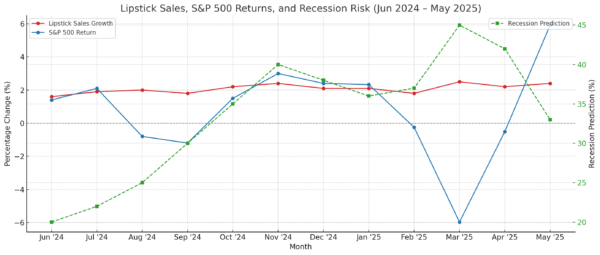What is a Money Market Account?
A money market account is a type of deposit account that comes with higher interest rates than most savings accounts. In many ways money market accounts are like standard savings and checking accounts. But there are three big differences:
Money market accounts…
- Pay higher interest rates.
- Require higher minimum balances.
- Limit the number of withdrawals you can make.
Money market accounts, sometimes called money market deposit accounts, should not be confused with money market funds. A money market fund is an investment product that invests in cash or cash-equivalent securities. Money market accounts are a savings vehicle, not an investment vehicle.
When to Use a Money Market Account?
As we’ve established, a money market account is an effective savings vehicle. But it serves a different purpose than your run-of-the-mill savings account. Money market accounts are ideal for when you need to set aside a large amount of money.
Some of the most common uses for money market accounts include:
- Emergency savings.
- Saving for a large purchase, such as a car or a house.
- Holding money when you’re unsure about which stocks to invest in.
How Do They Work?
A money market account works a lot like a standard savings account.
When you open a money market account you can make unlimited deposits. In most cases those deposits can be made by check, through a mobile banking app or in person.
Withdrawals, however, are a bit more complicated.
Like with most savings accounts you are limited to six withdrawals per month. This is a federal rule known as Regulation D. Reg D is the government’s way of ensuring that banks have the reserves on hand. Plus, it is a way to encourage Americans to use their accounts as they were intended: to save money. Your bank or credit union could charge you a fee for exceeding six withdrawals.
For most money market accounts there is a workaround for Reg D. Withdrawals made in person, by ATM, by mail, or by telephone with a check mailed to the depositor don’t count towards your limit.

What are the Advantages and Disadvantages?
The biggest advantage of money market accounts is their high interest rates. Rates range from 1.8% to 2.2%. This allows you to generate income passively and safely. You won’t earn as much as you would with dividend stocks, but it is 100% risk-free.
The biggest disadvantage of money market accounts is that they require a high minimum balance and they limit withdraws. Minimum balances can be anywhere from $2,500 to $25,000. Plus, as discussed earlier, you have a limit of six withdrawals per month.
So, the best time to use a money market account is when you have a large amount of cash that you don’t need access to immediately.
How Safe are Money Market Accounts?
In short, money market accounts are very safe. Why?
- Money market accounts are deposit accounts, not investments. Investments can involve unforeseen gains and losses. A money market account, on the other hand, has a predetermined interest rate. In other words, there’s no risk of losing money.
- Money market accounts are typically insured. If the account is through a bank it is insured by the Federal Deposit Insurance Corp (FDIC). If the account is through a credit union it is insured by the National Credit Union Administration (NCUA). The FDIC and NCUA insurances cover accounts up to $250,000 per depositor, per institution. With the backing of these reputable insurance administrations, you can trust that your money is safe.
Are They Taxed?
The funds that you deposit into your money market account won’t be taxed. However, the interest you receive from those funds is taxable if it exceeds $10.
Your bank will send you a form from the IRS called a 1099-INT. The form will show your name, address and the amount of interest income you earned. Even if you don’t receive a 1099-INT from the bank, you still might be on the hook for tax payment.
Is a Money Market Account Better than a CD?
Money market accounts are often compared to CDs (certificates of deposits). Both money market accounts and CDs allow you to earn interest on your money. A CD is different from a money market account in that it is a timed deposit account. In other words, you put your money into the account with the understanding that you won’t be able to reach it for an allotted period. CDs usually range from three months to five years. After you open an account and make the initial deposit, you cannot make any additional deposits or withdrawals. The whole objective of a CD is to lock your money away and allow it to earn interest.
When deciding between a money market accounts and a CD, it all comes down to what you need. If you need to access your funds, then a money market account works best. If you need to fight the temptation to withdraw your money so it can earn interest, then a CD would suit you.
Conclusion
A money market account is a great saving vehicle. If you want to open a money market account, make sure you search for one with a competitive interest rate.





